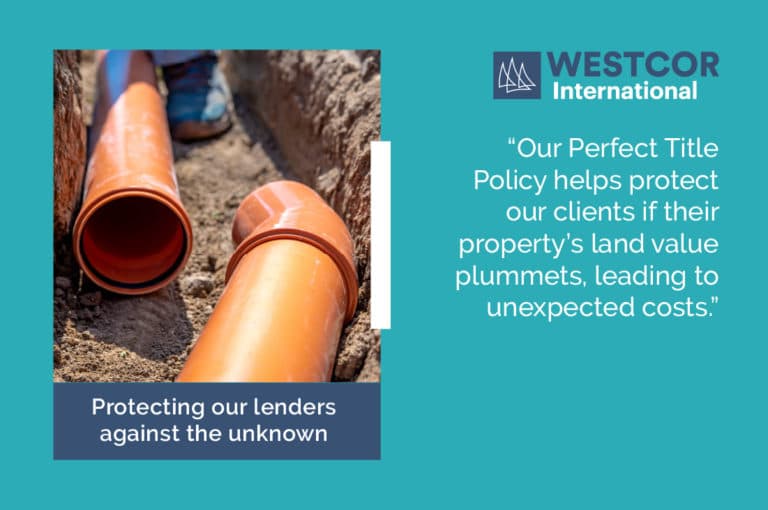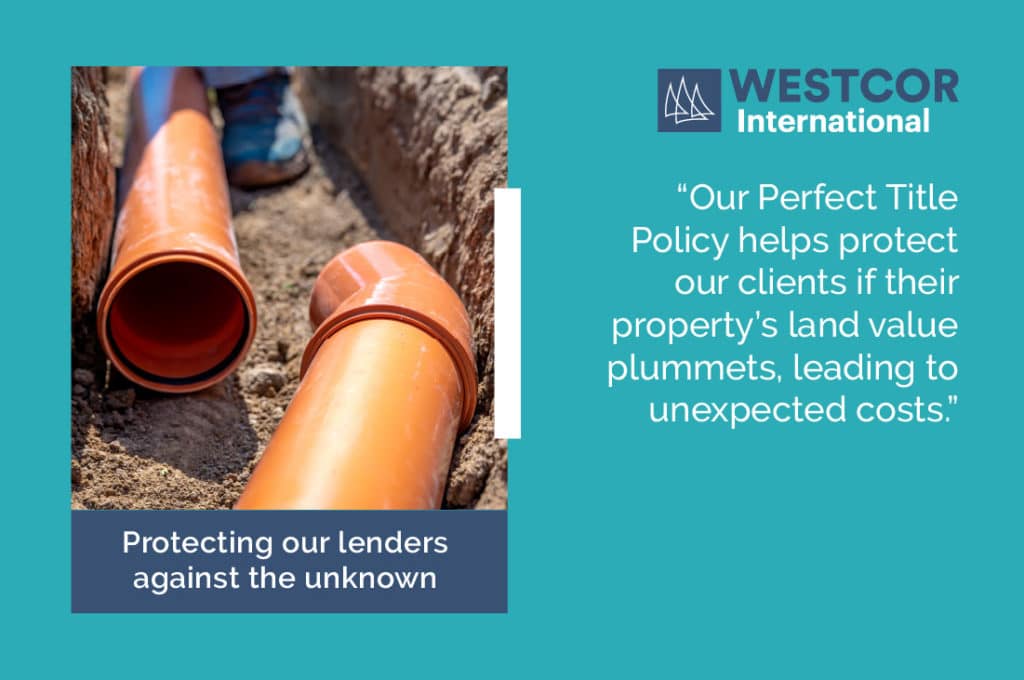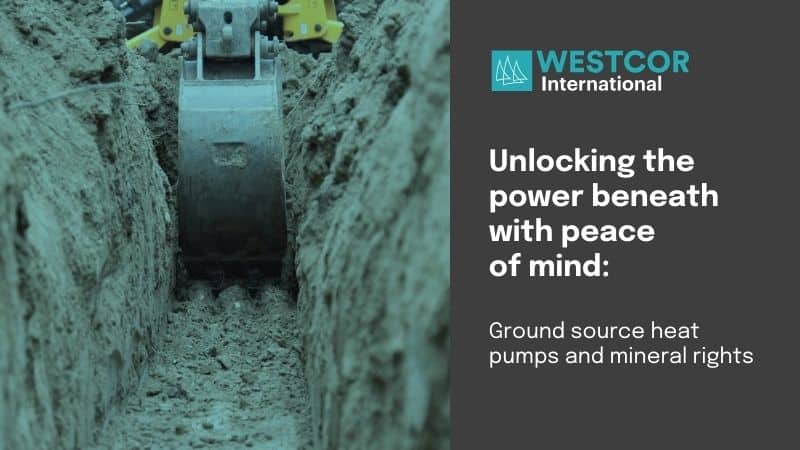“But I didn’t commit the breach!”

Image: Protecting our lenders against the unknown
For residential clients, it can be daunting to receive a letter from a freeholder threatening to forfeit the lease over something they did not do
“But I didn’t commit the breach!”
What triggered the claim?
The Insured’s property was leasehold and subject to a standard restrictive covenant which prevented alterations taking place without the landlord’s consent. They had lived there for many years with no issues for the duration until receiving a letter from the landlord’s solicitors whilst in the process of selling the property.
The letter called to attention that numerous internal alterations had taken place at the property without the clients consent and that the situation must be rectified immediately.
So, what next?
After discovering that the landlord had previously agreed to alterations at the property, our initial instinct was to contact the solicitors enquiring as to if their client would be prepared to provide consent retrospectively.
Thankfully, the request was confirmed, and their client was amenable to agreeing a Deed of Variation provided all associated costs, namely consideration, client costs and the surveyor’s were paid. The necessary Deed would then be drawn up and registered accordingly.
What was the outcome?
As a result, the Insured was able to sell their property without any delay to the conveyancing chain and the Deed of Variation was ensured and a new purchaser was protected going forward.





